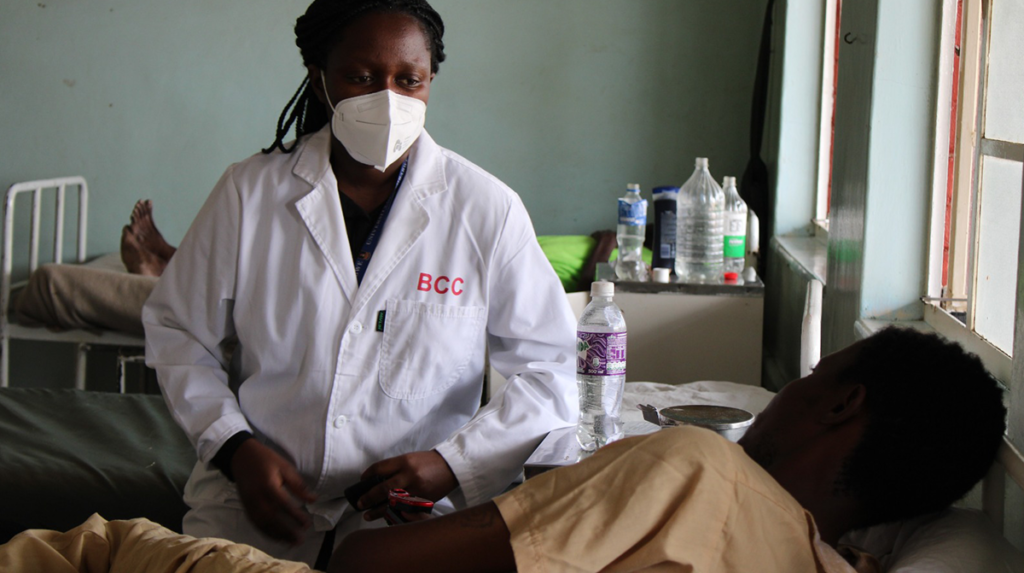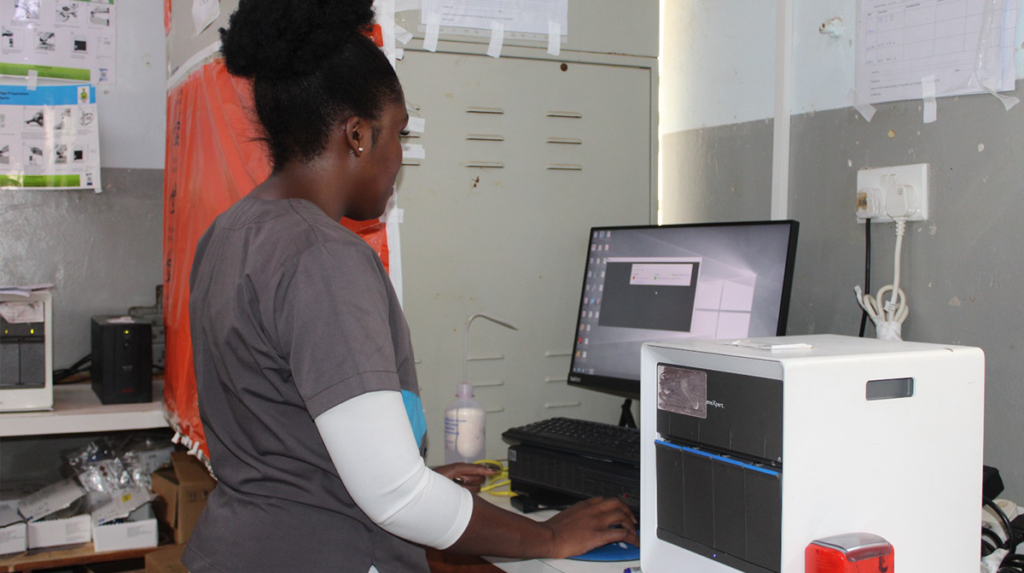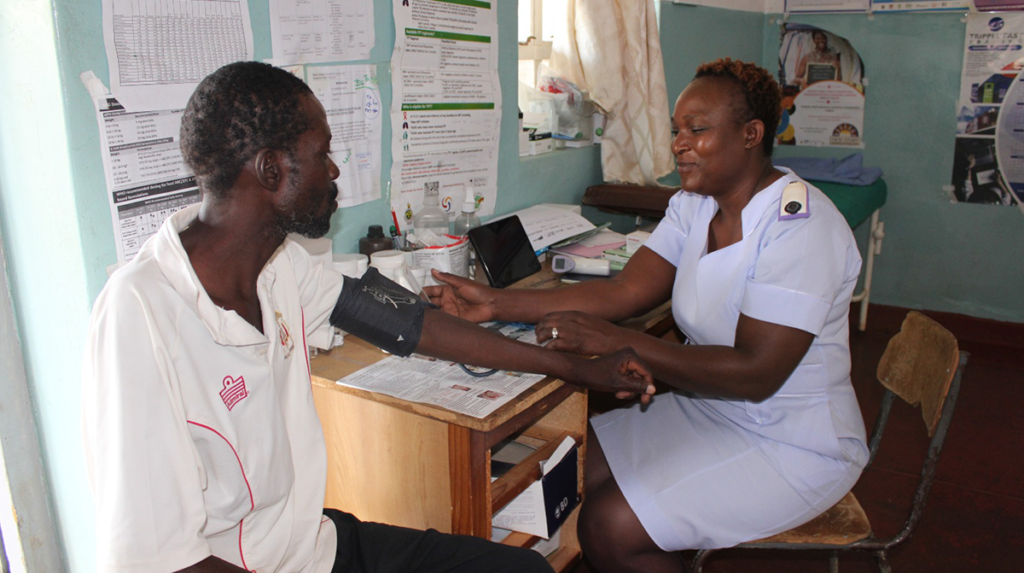The Union Zimbabwe Trust (UZT) has successfully concluded the TB REACH project, a two-year initiative aimed at improving access to treatment for Drug-Resistant Tuberculosis (DR-TB) patients in Zimbabwe.
UZT Hands Over Successful TB REACH Project to Zimbabwe’s Ministry of Health

The Union Zimbabwe Trust (UZT) has successfully concluded the TB REACH project, a two-year initiative aimed at improving access to treatment for Drug-Resistant Tuberculosis (DR-TB) patients in Zimbabwe. Funded by the Stop TB Partnership, the project focused on three provinces with a high prevalence of DR-TB and delivered significant advancements in diagnosis, treatment options, and community engagement.
The handover coincides with World Tuberculosis Day, observed on 24 March each year, designed to build public awareness about the global epidemic of tuberculosis and efforts to eliminate the disease. In 2018, 10 million people fell ill with TB, and 1.5 million died from the disease, mostly in low and middle-income countries.

UZT Celebrates Milestones in Fight Against DR-TB
The US$600,000 project addressed the critical need for improved DR-TB treatment by introducing a more patient-friendly, all-oral regimen. This approach aims to increase treatment adherence and ultimately lead to better outcomes for patients.
“The project provided valuable insights into the burden of DR-TB in Zimbabwe, including the financial strain it places on patients,” said Dr. Ronald Ncube, Executive Director of UZT. “The Stop TB Partnership’s intervention was crucial in enabling a collaborative response between UZT and the Ministry of Health and Child Care (MOHCC) to address these pressing concerns.”
Multi-faceted Approach Yields Positive Results
The TB REACH project encompassed various initiatives to tackle DR-TB. Patients received nutritional support through food hampers, while healthcare workers in the project districts underwent training on advanced DR-TB management. Community Health Workers and influential community leaders were also equipped with knowledge of DR-TB and methods for case identification and treatment adherence support.

A major advancement came in the form of three new 10-colour GeneXpert machines installed at key hospitals. This technology allows for faster and more comprehensive diagnosis of DR-TB, enabling clinicians to initiate appropriate treatment regimens promptly.
“The GeneXpert machine has significantly streamlined the diagnosis process,” said Dr. Buhlebenkosi Ndlovu of Thorngrove Hospital in Bulawayo. “It allows for quicker identification of fluoroquinolone resistance, leading to faster and more targeted treatment initiation.”
Project Impact and Looking Forward
The project successfully trained 617 community leaders, 483 community health workers, and 93 skilled healthcare workers across the 19 targeted districts. It also identified and initiated treatment for 199 DR-TB patients, providing them with nutritional support through food hampers.

The MOHCC, as the custodian of the project’s innovations, is expected to continue its nationwide implementation. This includes ongoing mentorship and support for trained personnel. Dr. Kavenga, a representative from the National TB Program (NTP), emphasized the project’s significance in introducing new diagnostic technology and evaluating healthcare systems’ capacity to effectively manage DR-TB patients.




